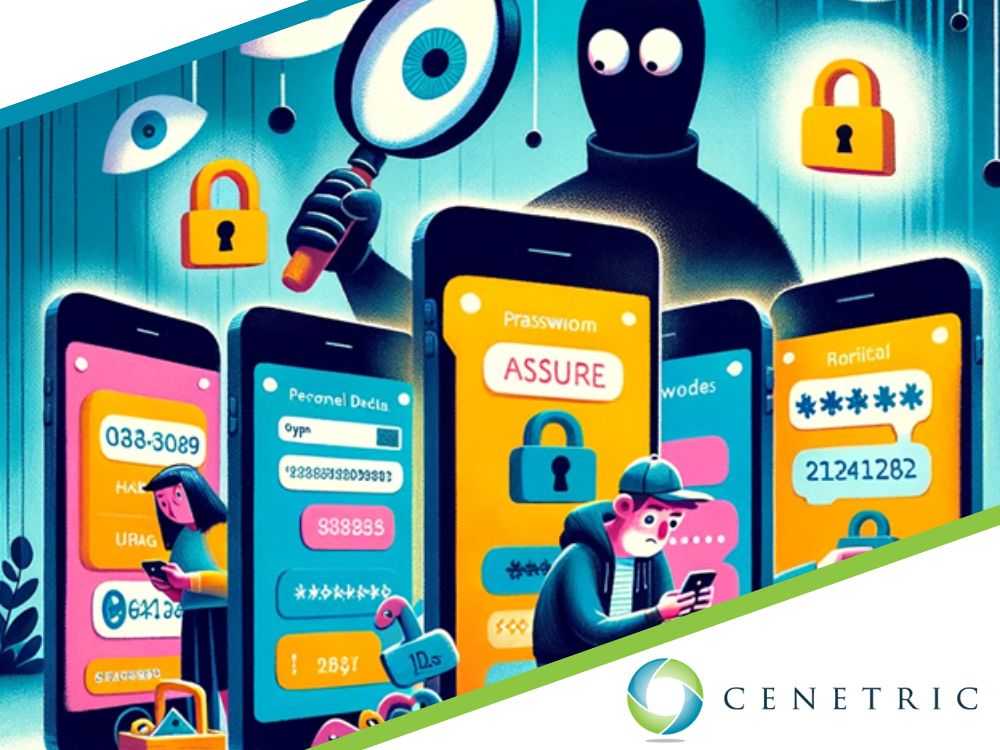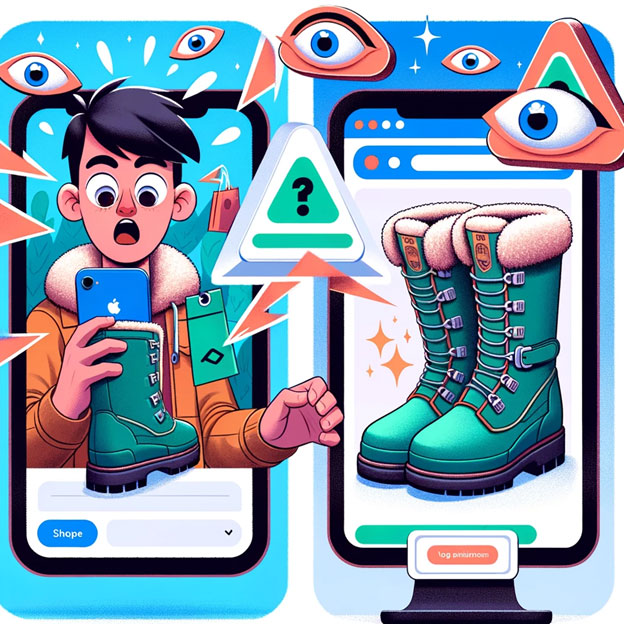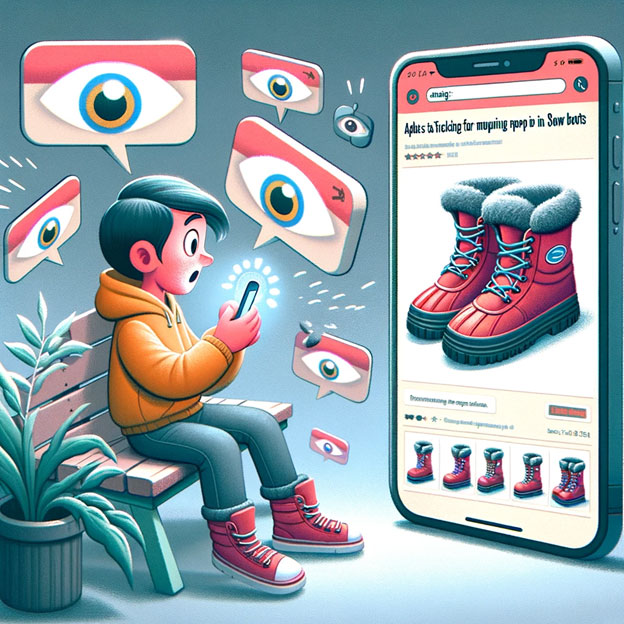
Long before we had Instagram and Candy Crush on our phones, there were what’s widely regarded to be the first mobile apps — calculator, world clock, calendar and contacts on an early IBM smartphone, launched in 1993.
We’ve come a long way from simply checking the time in Paris or making a note of next week’s coffee date. Now it seems there’s an app to help you do just about anything you’d like. But this avalanche of apps also opens up new risks to you and your data. Let’s review a few dangers to look out for.
Data tracking for ads
Nearly all of us are online shoppers these days, and you’ve probably noticed how it seems like one minute you’re looking for new snow boots on your smartphone and the next you see an ad for those same boots pop up in your browser.
This happens in part because you’ve probably allowed certain mobile apps to track data about how you use them. Advertisers love it because they can understand more about you, what you buy, and how to get you to purchase more items like that. But you might not love feeling so “watched.”
You can ask apps not to track on your iPhone or Android device, but is it harmful if they do? Thanks to a unique identifier on every device, it also means that advertisers who have access to tracking data can pinpoint nearly everything about you from where you live and work, where you get gas, and which restaurants you visit.
And, unfortunately, all that data can be hacked, exposing your identifying information in the blink of an eye. The best practice is to disable ad tracking for all apps and limit what you’re sharing with companies and — potentially — hackers.

Inputting sensitive data
In the feverish rush to try out ChatGPT in 2022, many people made a big mistake: feeding the app confidential information. Across industries, people were using the generative AI tool to translate sensitive writing, summarize legal documents and rewrite complex content. In the name of ease and convenience, they were unwittingly handing over confidential or protected information, only to have some of it exposed in a breach.
While generative AI offers a lot of advantages, you should establish best practices and guidelines for your company on how to use them. What kind of information should they avoid sharing with an AI tool? Which AI tools does your organization allow? Setting out rules for your team to follow will help keep company data safe.
Trusting risky apps
A good rule of thumb when it comes to apps: Just because it’s popular doesn’t mean it’s safe. New apps are added to Apple’s App Store and Google Play every day, and while they go through layers of security before they’re available, how they use your data might make you uncomfortable.
Temu, for instance, has been under fire for the breadth of data its app culls from your device. While you might be fine sharing data to purchase items on an app you’ve downloaded, what about the people you might send a purchase to?
Consider carefully how you share others’ PII like their phone number, address and email address in apps. You wouldn’t want to be responsible for exposing the data of your colleagues or clients if an app is hacked.

Establish best practices for devices on your network
The unfortunate truth is that we are all dependent on each other to make wise decisions about how we share data because our devices often share the same networks. But you can protect your business and your team by making sure you have the right security in place and that you’ve trained your team on the best practices for safe data sharing.
Cenetric has the experience to get — and keep — you covered when it comes to cybersecurity. Let’s talk about your needs today.
This is an installment in a three-part series about keeping yourself and your company safe from data theft. Check out the rest of our series on protecting your data in emails and on Wi-Fi networks.


